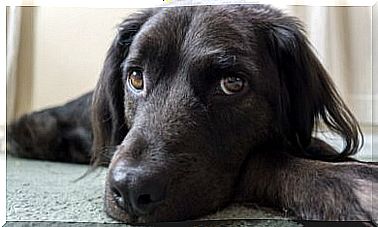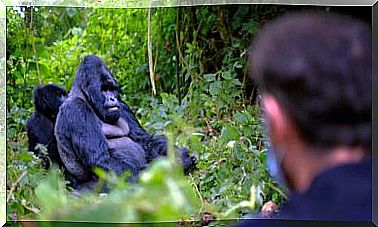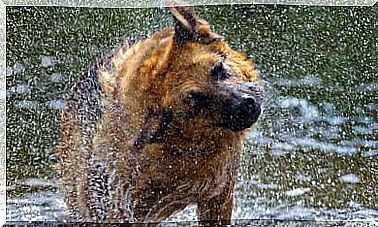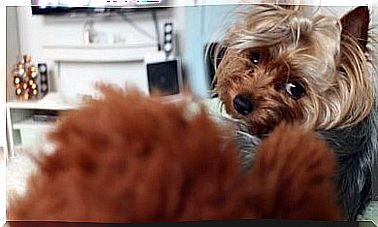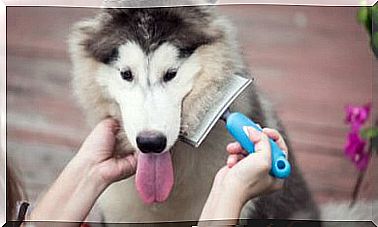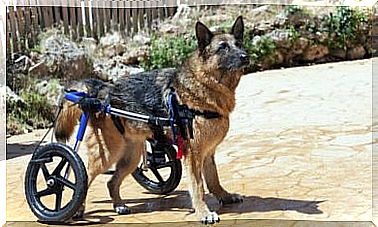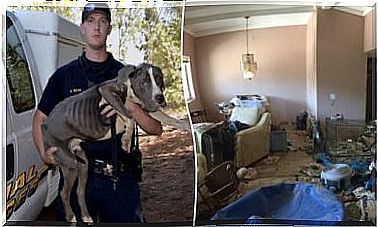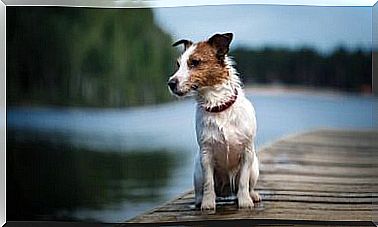5 Things Your Dog Doesn’t Like
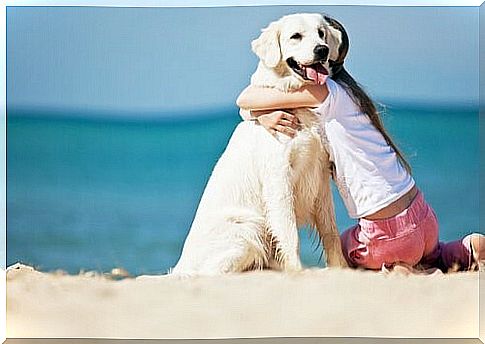
Dogs are known to not use the same form of communication as humans, so certain behaviors and gestures must be interpreted as consent, dominance or warning. They also require a leadership attitude on the part of their owner. Here you can find out which 5 things your dog does not like.
Pets often show their love for their owner. However, there are gestures or habits that your dog doesn’t like . These are specific to our species and even confuse and irritate our dogs.
We use little body language
We humans are an expressive species and we tend to express our feelings through words. Even if we are unconscious, we are likely to be talking to our dogs all the time. Tell them about things that happened to us during the day or how we are feeling. Just like we would with a close friend.
Dogs can associate some of our words with repetitive actions. This makes it easy for them to spot keywords like “walking”, “eating”, “no” or “very good”. But that doesn’t mean your dog can understand you!
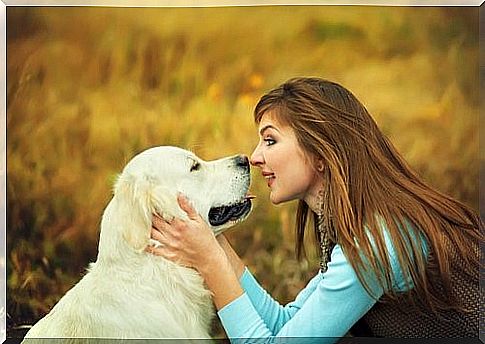
The only resource your dog has to help understand you is body language. So be very careful when teaching your dog new signs as a lack of knowledge from the owner can confuse the animal.
In reality, your dog doesn’t want you to hug him
We are bombarded every day with adorable pictures of golden retrievers being hugged by kids in a range of amazing landscapes. Dogs are expressive and dependent animals who almost never despise a caress on their owner.
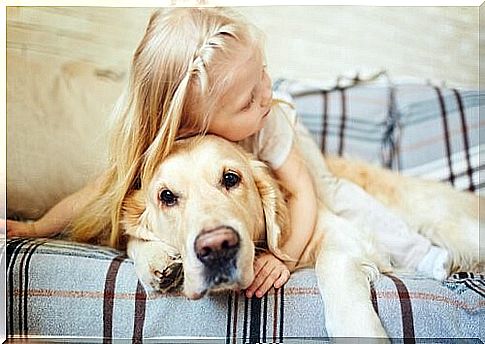
However, we tend to forget that animals don’t communicate like humans and that too close or prolonged contact with a human can be uncomfortable for an animal. In dogs, “hugs” are used between conspecifics to show dominance and to mark their territory.
When a person hugs a dog, it is likely that they will register the gesture as aggressive or threatening, even if they tolerate it. So make sure that even the smallest children in the house give the pet a little space.
Don’t look an unfamiliar dog directly in the eyes
For us humans, visual contact between members of our species is a good tool for making connections and strengthening emotional bonds. In the animal world, however, this is commonly used as a warning or to highlight a position of dominance.
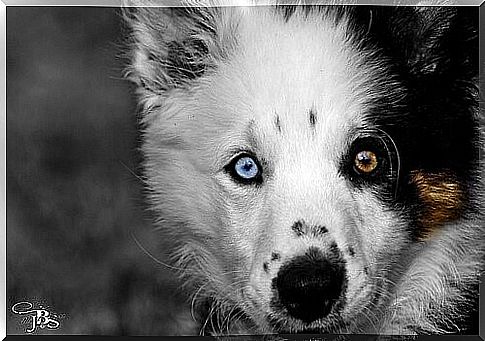
If you choose to approach a dog that is not yours and you habitually look them straight in the eye while doing so , it is likely that your gesture will be misinterpreted and that the dog will become defensive. Try to approach slowly with your hand level with his nose so that he can sniff it and know who you are before you stroke him or get too close.
Your dog doesn’t want freedom, he wants routine
Dogs still think they are part of a pack and accept that you are their leader. In nature, a leader gives orders, assigns roles within the hierarchical structure, and acts consistently.
Your dog expects you to do this for him. If you give instructions and teach your animal to obey you, you are not a strict or boring owner, but you give your animal the structure it needs to be content with its role in the herd.
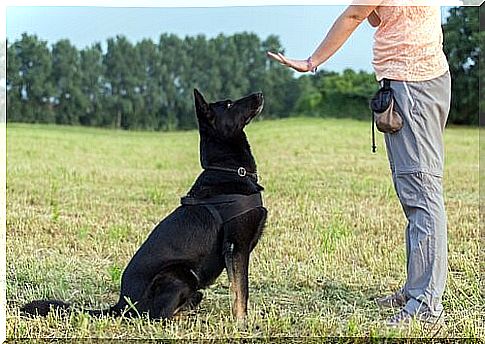
This is especially important for dominant dogs because they need responsibility and feel useful. Hence, they are used as guard dogs or police dogs, although training them can be a challenge.
Don’t force your dog to make friends with other animals or people he doesn’t like
Like humans , a dog tends to avoid contact with animals or people it doesn’t like. He doesn’t care if the person in question is your sister or your partner’s dog. There are times when that ” click ” just doesn’t happen, and it is likely that it never will.
Don’t force unlikely relationships between your dog and people or animals he doesn’t like. They will provoke uncomfortable and even violent situations that can make your pet suffer or endanger other people or pets.
If you’re walking in the park and your dog growls at another animal, don’t try to act as an intermediary because that won’t change anything.
